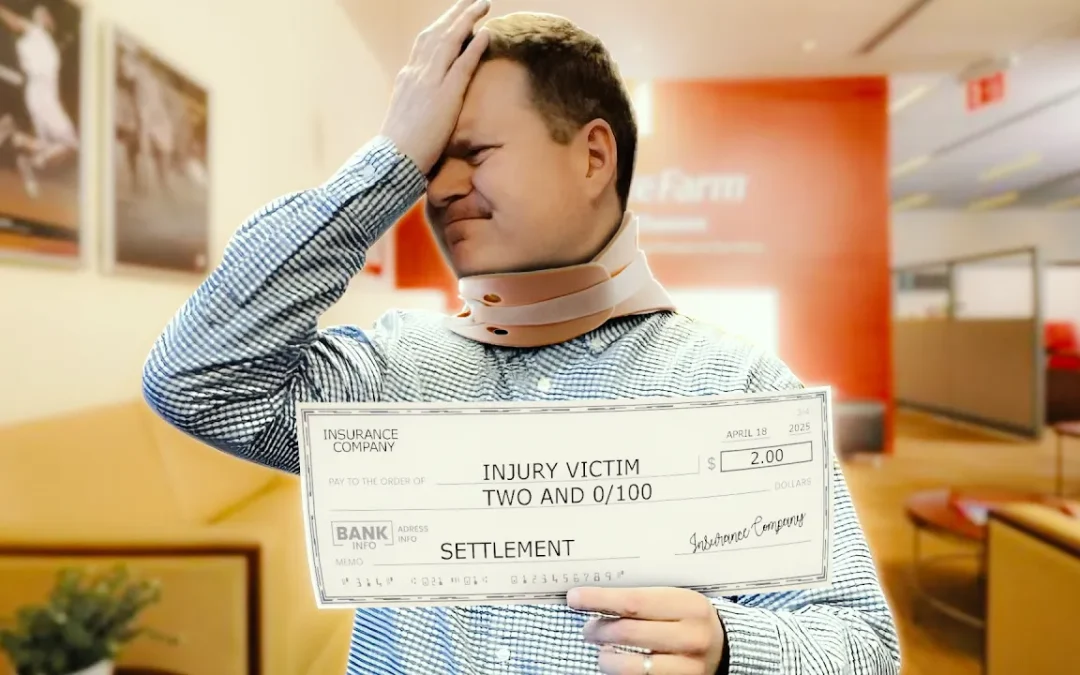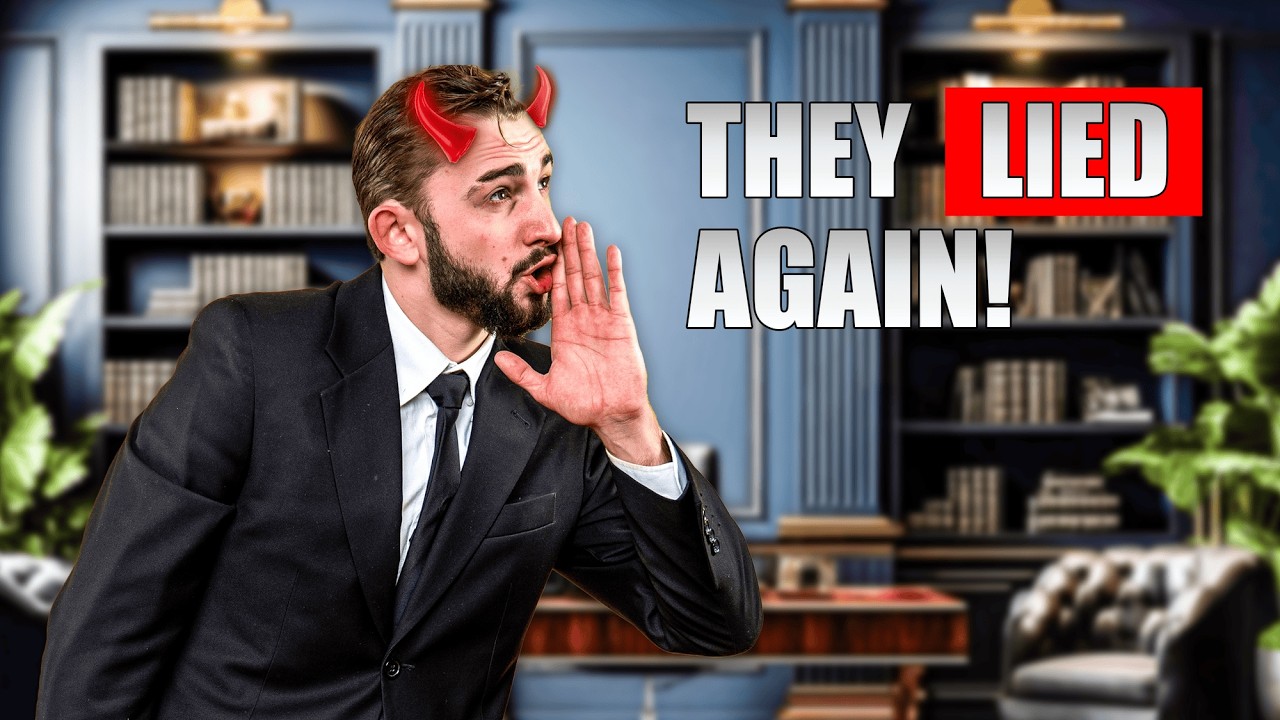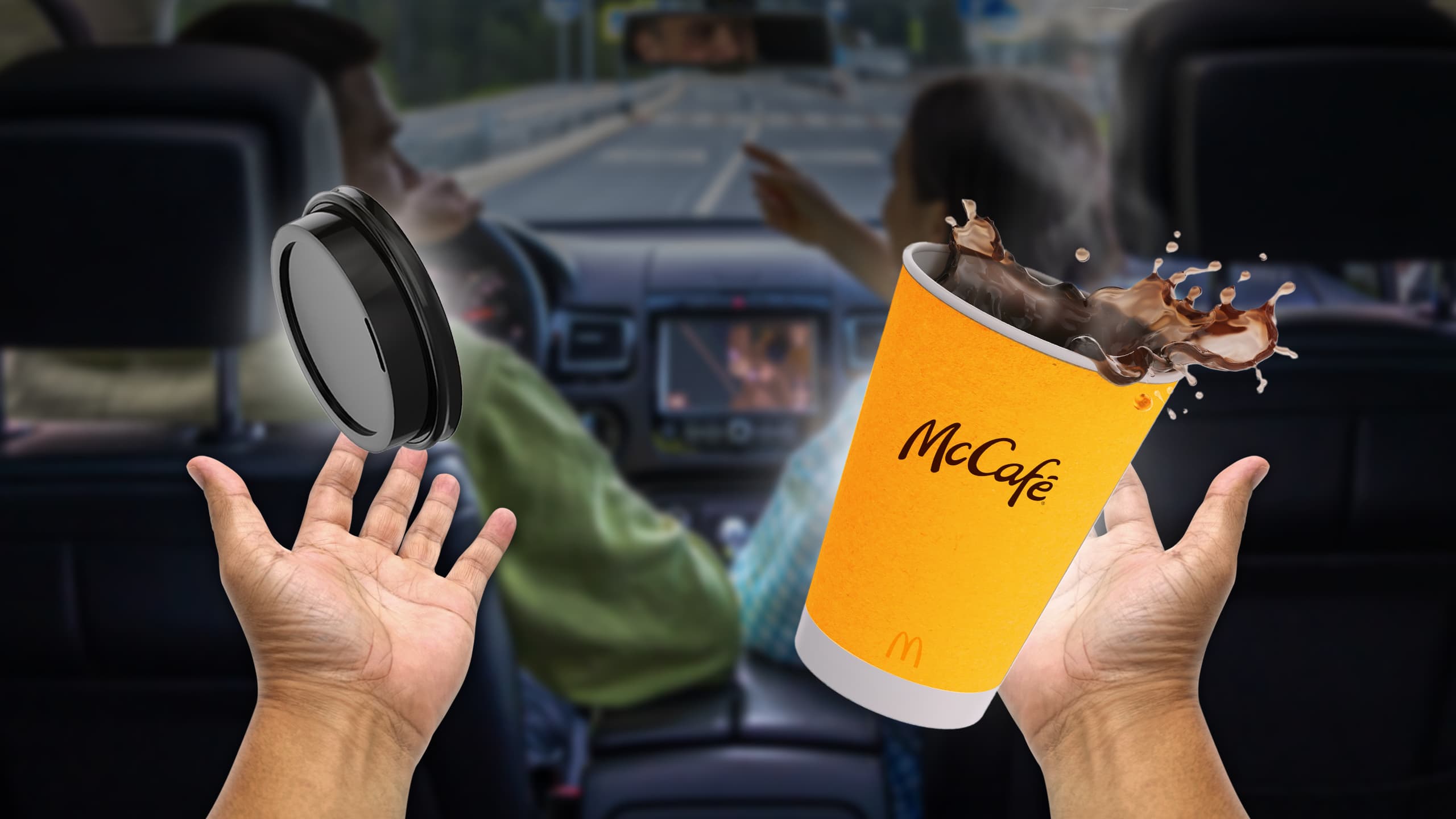In most injury cases, settling your claim quickly can ruin your chances of receiving fair compensation. To explain why, let me tell you the story of my past client, Abby.
Abby’s Story
The Accident
Abby was injured in a motor vehicle accident. She was driving straight on a two-lane road when another driver pulled out in front of her from a side road, fishtailed, and collided with her vehicle, pushing it off the roadway into a brick sign. Abby was taken by ambulance to the hospital and discharged the same day. She was clearly not at fault for the accident.
Initial Contact with Insurance
Oftentimes, when you are not at fault, the other driver’s insurance company will reach out to try to settle quickly. In Abby’s case, and in most injury cases, it would have been a horrible idea to settle at this point. Let me explain why.
Medical Treatment
After being discharged from the hospital, Abby began receiving additional medical treatment, especially for her right shoulder, which was problematic. About a month later, an MRI revealed a tear in her rotator cuff. She eventually underwent surgery to repair the tear and had to go through several months of physical therapy.
Initiating Settlement Negotiations
Once Abby’s medical records and bills were gathered, I sent a demand letter to the at-fault driver’s insurance company, demanding the policy limits. The insurance company delayed responding, so I filed a lawsuit, which got their attention. They soon agreed to pay the policy limits of $100,000.
Additional Insurance Coverage
Thankfully, Abby had underinsured motorist insurance coverage. After settling with the at-fault driver’s insurance, we pursued a claim against her own underinsured motorist insurer. Despite initial resistance, after several months of litigation and mediation, the underinsured motorist insurer agreed to settle for $165,000. This brought Abby’s total settlement to $265,000.
Why Settling Fast is a Bad Idea
If Abby had settled shortly after her accident, the insurance company would not have considered the full extent of her medical treatment or pain and suffering damages. They would likely have made a lowball offer, which some accident victims might accept rather than fighting for a fair settlement.
By settling quickly, you risk not being compensated for ongoing medical treatment and future pain and suffering. It’s best to get the necessary treatment and reach maximum medical improvement before even attempting settlement negotiations.
Key Takeaways
- Avoid Quick Settlements: Settling quickly usually results in a fraction of what your case is worth.
- Complete Medical Treatment: Ensure you get all the necessary medical treatment and reach maximum medical improvement.
- Fight for Fair Compensation: Be prepared to negotiate and possibly litigate to get a fair settlement.
Special Situations
There are certain situations where it might make sense to settle your injury claim soon after your incident. To learn about these situations and the only way to speed up your injury claim, watch this video about to pop up right here.
Conclusion
If you’ve been injured in Kentucky, remember: don’t wait; call Tate.
By understanding these points, you can avoid the common pitfall of settling too quickly and ensure you receive the compensation you deserve.








Recent Comments